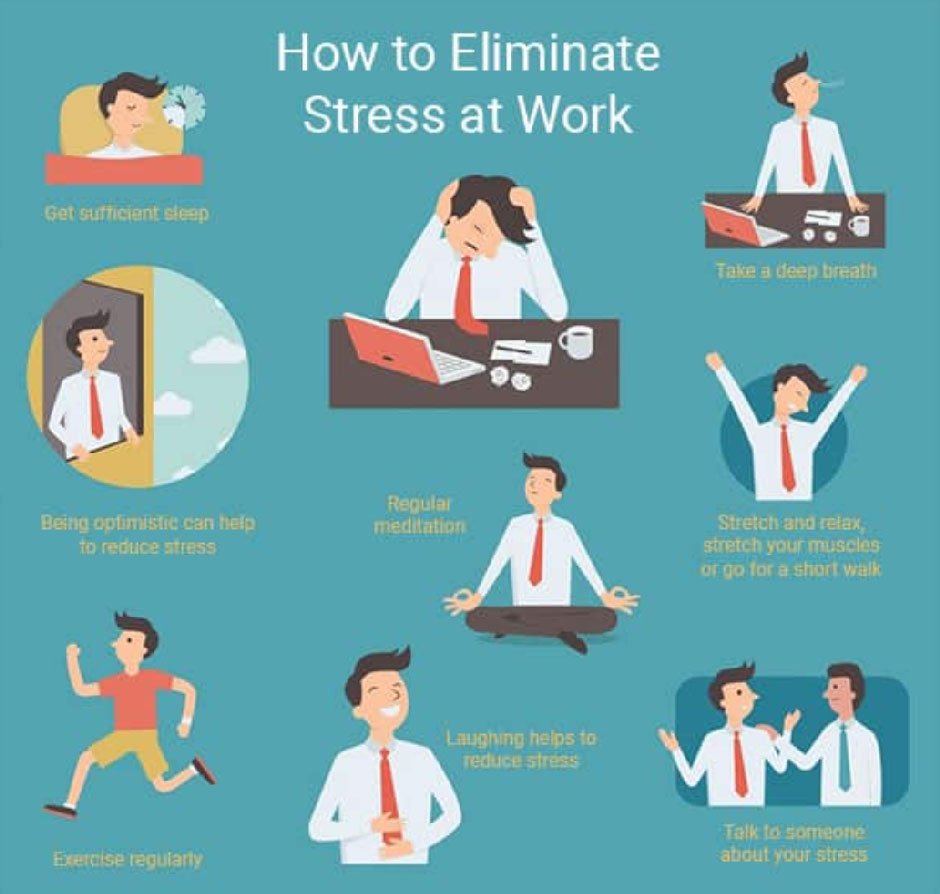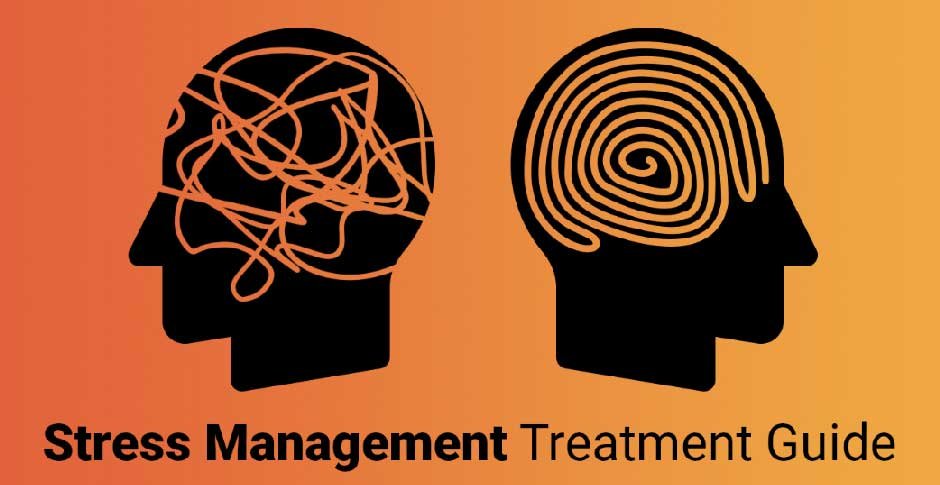Skip to the good bit
ToggleEver felt overwhelmed by life? Whether it’s a difficult relationship, a tiresome job, or the stress of keeping a roof over your head and food on the table, stress is simply unavoidable. Left unchecked, stress can snowball into physical and mental symptoms, causing you to become miserable, inefficient, and unhealthy as a whole. Overcoming stress isn’t a Herculean task, but it is one that takes effort. You can begin by learning the basics of how stress works, what it does to you, and how you can deal with it. This article is just the tip of the iceberg, but it could be the start of a healthier, stress-free life for you.
Understanding Stress
By definition, stress is a feeling of emotional strain or pressure. It’s a form of psychological and mental discomfort, which is your body’s natural response to any demand or challenge and the Liven website explores how stress can be unhelpful and overwhelming if left unchecked. When you’re facing a threat, or you’re under pressure, or you feel overwhelmed, this is how your body reacts. It’s a core aspect of humans that evolved over millennia to form the ‘Fight-or-flight’ response, meaning it protects you by giving you the tools necessary to face a threat head-on, or the ability to escape from danger.
Treating Stress
Preventing stress would be ideal, but what if you’re already stressed out? You need a way to immediately relieve you of the stress you’re feeling. These aren’t cures, but they’ll definitely help alleviate your burden.
Breathing Techniques
Taking a deep breath is kind of like restarting your computer when it’s bugging out- It’s such a simple quick fix, but most people tend to forget about it. Let’s look at a few breathing techniques that can help you feel better:
- Box Breathing: When dealing with anxiety, this is one of the best ways to ground yourself. Breathe in slowly as you count to 4, hold your breath for 4 seconds, and then slowly exhale for 4 seconds. Repeat as needed until you feel calmer.
- Physiological Sigh: Breathe as deep as you can through your nose, do one more quick nasal inhale to really pop open those air sacs in your lungs, and exhale fully through your mouth.
- Diaphragmatic Breathing: The key is to keep your upper chest still, and let your abdominal muscles and diaphragm do the work. Breathe in as deep as you can through your nose, drawing breath down to your abdomen. Exhale through pursed lips, remembering to tighten your abdominal muscles and letting your stomach fall downwards.
These techniques are simple, and yet they’re effective in helping you ‘reset’ and reduce the stress you feel.
Relaxation Techniques
- Guided Imagery: Think of it as creating a ‘happy place’. Ground yourself in the present, and visualize a scenario that brings you peace. Try to incorporate all your senses into this imagination, so it becomes as vivid as possible.
- Stretching: Taking a minute to stretch your arms and legs can relieve a lot of the tension you build up in your muscles and improve circulation.
- Mindfulness: Taking the time to be in the present moment and observe things around you with all your senses will help you appreciate what you have more. You can incorporate mindfulness into your meals by focusing on the taste and texture of your food, into walks by paying attention to the world around you, and even in your breathing by focusing on the sensations it brings.
When you feel overwhelmed with stress, try some of these techniques. You’ll find that they’ll bring you temporary relief. Then, you can start working on long-term solutions for dealing with stress.

Resisting Stress
This will be the most important part of dealing with stress. We’ve learned how to take care of symptoms of stress, and this section is about dealing with the root cause itself. The only way this will work is if you put in the work to identify the stressors in your life. Once you’ve figured that out, you’ll want to look through the following and see which strategies apply to your situation the most.
Cognitive Restructuring
Words have a significant impact on your mental state, whether they’re someone else’s or your own. Constantly having negative thought patterns exacerbates stress, and cognitive restructuring focuses on identifying these patterns, challenging them, and finally correcting them.
Time Management
Being constantly overwhelmed with work and feeling like you never have time for yourself to relax or do the things you enjoy can lead you to feeling burned out and stressed. This makes you inefficient with your work, leading to an endless cycle of poor time management and stress. Learning to manage your time effectively will help you prioritize your tasks, organize your life, and reduce that feeling of being overwhelmed.
Setting Boundaries
In the workplace, you might be tempted to say ‘yes’ to every request that comes your way. Whether it’s because you’re vying for a promotion or you want to come across as a team player doesn’t matter, because if you bite off more than you can chew, you’ll end up feeling burnt out and resentful. Setting healthy boundaries in the workplace and even in other facets of your life will help protect your time, energy, and emotional well-being.
Lifestyle Changes
A life where you don’t have time for yourself and the things you hold dear will lead to stress. You need to prioritize sleep, because poor sleep results in heightened cortisol levels. A healthy diet and exercise will help you maintain a healthy metabolism as well as lower your stress hormones, and even give you an outlet for any pent-up stress.
Building a strong support system through relationships with friends and family will give you a shoulder to lean on whenever you need to vent about life. Last but not least, life should never be about just work. Find the time to pursue your passions and hobbies, and explore new things that might bring you joy and fulfillment.
Seeking Professional Help
Sometimes, you won’t be able to resolve your struggle with stress by yourself, and that’s okay. It’s important to understand when your struggle is more than you can deal with alone, and have the courage to seek out professional help.
Therapists will take the time to listen to your struggles, and will help you figure out the best course of action. Typically, cognitive behavioral therapy and mindfulness-based therapy is used, but if your situation is extreme, they may refer you to a psychiatrist so that you may be prescribed the appropriate medication.
Conclusion
You aren’t alone in dealing with stress, and because of that, you have endless resources to help you find your way forward. Taking that first step towards working on your stress is always intimidating, but by reading this article, you’ve already begun! You know the basics of how to deal with stress in the short and long term now, and with Liven, you’ll be able to learn so much more. We know your journey in dealing with stress will end on a positive note.







